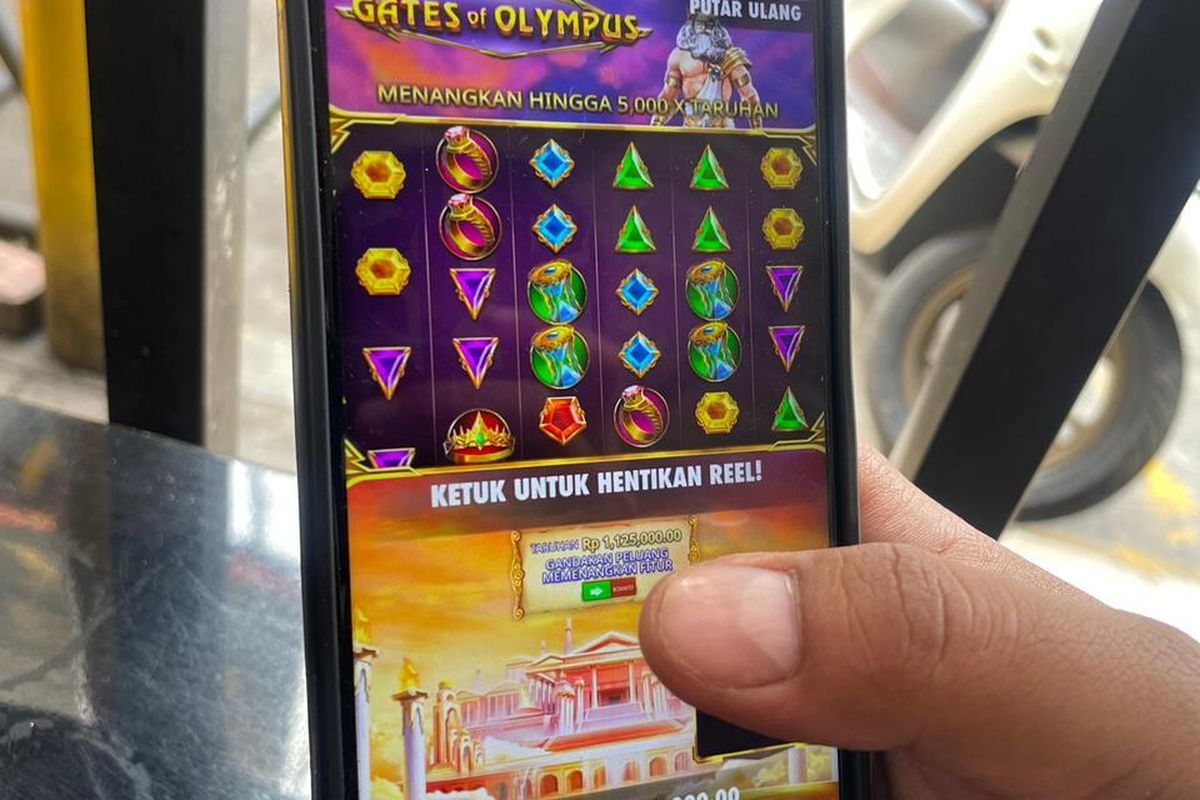Los Angeles, CA – As protests and civil unrest escalate in Los Angeles for the fourth consecutive week, tensions have reached a boiling point between federal and state leadership. Former President Donald Trump, who has maintained a powerful presence in conservative politics and media, made a shocking public declaration this weekend, calling for the arrest of California Governor Gavin Newsom, blaming him for the ongoing chaos in the streets of L.A.
The comment—delivered during a rally in Phoenix and echoed on Trump’s social media platform—has drawn both fierce support and condemnation across the political spectrum. As Los Angeles struggles with property damage, violence, and political division, the nation watches closely, unsure of what may come next.
The Unfolding Chaos in Los Angeles
Over the past month, Los Angeles has been gripped by a wave of demonstrations sparked by multiple incidents of alleged police misconduct, rising homelessness, and frustration over housing costs and economic inequality. What began as peaceful protests soon turned into large-scale civil disorder in several neighborhoods, including:
-
Downtown L.A., where government buildings and businesses have been vandalized
-
Hollywood, where multiple fires and clashes with police have occurred
-
South L.A., which has experienced nightly looting and curfews
More than 500 people have been arrested since the unrest began, and at least 60 officers injured. Local officials, including L.A. Mayor Karen Bass, have called for calm, while simultaneously defending the right to protest. However, the situation has deteriorated significantly in recent days.
Trump’s Bold Accusation
At a rally on Saturday night, Trump made headlines with a statement that quickly went viral:
“Governor Gavin Newsom has lost control of California. The people are suffering, the police are overwhelmed, and businesses are burning. It’s a disgrace. He should be arrested for dereliction of duty.”
He continued:
“If the federal government were still run properly, we’d send in forces and restore law and order. But Biden won’t do anything, and Newsom is just watching the state burn. Enough is enough.”
The former president’s remarks drew cheers from his audience and immediate attention from media and political leaders.
Constitutional Crisis Brewing?
While Trump no longer holds office, his words still carry significant influence—particularly among his political base and Republican lawmakers. However, his demand to arrest a sitting governor has been met with strong legal and constitutional backlash.
Legal Experts Respond
“Arresting a state governor for policy decisions, no matter how controversial, would be completely unconstitutional,” said Professor Anne Martinez, a constitutional law expert at UCLA. “This would be an authoritarian act and a dangerous precedent.”
Many critics accuse Trump of inciting further division and undermining state authority. Several prominent Democrats have labeled the remarks as reckless and inflammatory, particularly given the sensitive state of affairs in California.
Newsom Fires Back
Governor Gavin Newsom issued a sharp rebuttal Sunday morning, stating:
“Donald Trump is once again using fear, chaos, and threats to divide this country. California will not be bullied or threatened into submission. We are working every day to protect our citizens, maintain public safety, and uphold constitutional rights.”
Newsom added that he was in constant communication with L.A. officials and law enforcement, and accused Trump of attempting to “politicize suffering for personal gain.”
Rising Political Tensions
Trump’s statement has turned the spotlight onto an already tense relationship between federal and state leadership, particularly around law enforcement and governance in liberal-leaning cities.
Republican Allies Rally
A handful of Republican members of Congress, including Rep. Matt Gaetz and Sen. Josh Hawley, voiced agreement with Trump’s concerns, if not his exact language.
“Newsom has been an absentee governor,” said Gaetz. “California is a mess and someone needs to be held accountable.”
Meanwhile, conservative media has amplified Trump’s call, with several outlets running segments questioning whether federal intervention should be considered—even without a formal invitation from state officials.
Democrats Push Back
Senator Alex Padilla (D-CA) called the remarks “authoritarian rhetoric unfit for any leader in a democracy.” Speaker Hakeem Jeffries described Trump’s comments as “a dangerous escalation” and urged calm and respect for constitutional boundaries.
The Reality on the Ground
While political drama plays out in headlines, many Los Angeles residents are dealing with more immediate and tangible concerns.
Businesses Suffer
Local businesses, particularly in downtown and mid-city areas, have seen major losses due to looting, broken storefronts, and decreased customer traffic. Some have begun boarding up permanently, fearing ongoing unrest.
“I’ve owned this shop for 15 years,” said Rosa Martinez, owner of a flower shop near Echo Park. “Last week, my windows were smashed, and I lost over $10,000 in inventory. I support peaceful protest, but this chaos is destroying people’s livelihoods.”
Community Voices Demand Action
Protesters and community activists argue that the violence stems not from opportunism but desperation. Many demand real action on systemic inequalities, including police accountability, rent relief, and social services.
“This is what happens when people feel ignored,” said activist Jaylen Price. “We didn’t start this to break things—we started this because we’re tired of being unheard.”
Still, others within the same communities are calling for a de-escalation of tactics, fearing the movement’s goals may be overshadowed by the destruction.
The Role of Federal Forces
So far, President Biden has refrained from sending in federal troops, stating that the situation is best handled by state and local leadership. However, the Department of Justice has reportedly begun monitoring events in L.A. and may intervene if civil rights violations or widespread threats to federal property are detected.
This delicate balance between respecting state sovereignty and ensuring national security may be tested further in the days ahead—especially if pressure continues from Trump and his allies.
What Happens Next?
The situation remains fluid and volatile. Los Angeles city officials have imposed curfews, expanded police patrols, and opened dialogues with community leaders in an effort to restore calm. But with political rhetoric intensifying and the root causes of unrest unresolved, the path forward is uncertain.
Three possible outcomes loom in the near future:
-
Federal Intervention: If unrest worsens, Biden may face pressure to take federal action—possibly through the National Guard or DOJ oversight.
-
Legal Battles: Trump’s statements could spark lawsuits or investigations, especially if any moves are made toward actionable attempts to arrest state leaders.
-
Political Fallout: This conflict will likely become a defining issue in upcoming elections—both at the state and federal levels.
Conclusion
The riots in Los Angeles have brought longstanding tensions to the surface, from policing to governance to political division. President Trump’s explosive call to arrest Governor Gavin Newsom may not be legally viable, but it has already deepened the national divide.
As California struggles to quell unrest and rebuild trust, the entire country faces a choice: escalate division, or work toward understanding and reform. What happens in the coming days in Los Angeles may shape the future of American democracy itself.






















